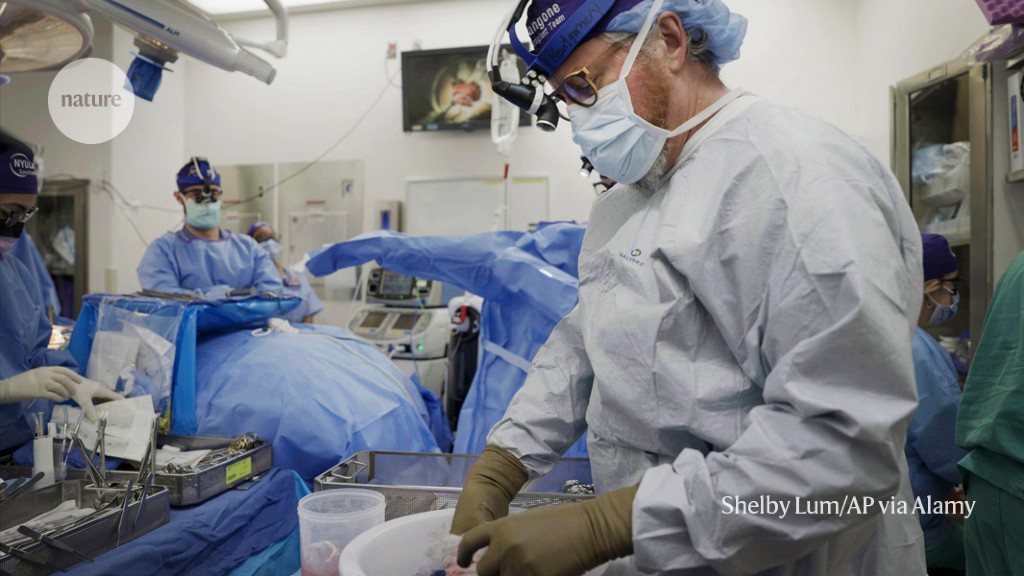How Many Human Genes are Needed to Transplant our Pigs? A View by Locke and Cooper on eGenesis
Jayme Locke, a transplant surgeon at The University of Alabama at Tuscaloosa, says that the jump to humans won’t be small. She says that the pig organs will not survive in that environment because of the heavier and higher blood pressure humans have.
The body’s fluids are kept in balance with the help of the kidneys. In the United States alone, nearly 88,000 people are waiting for a kidney donation, according to data from the federal Organ Procurement and Transplantation Network. In 2022, only about 26,000 received one.
Researchers say this study will provide more data to the FDA, which is considering approving first human trials of non-human organ transplants. It will be important to find out why there was a lot of variation in the success of the transplants and how it is possible to mass-production pigs with such extensive editing.
Wenning Qin is a member of eGenesis and he says that this is a proof of principle for non-human primates to say our organ issafe and supports life.
Researchers have been able to transplant pig hearts into two living people and demonstrate that pig hearts can work in people who have been declared dead.
David Cooper is a consultants for eGenesis and was not involved with the study but thinks it’s important given the lack of suitable organ donors. In the United States alone, more than 100,000 people are awaiting an organ transplant, and about 17 of them die each day.
The additions of human genes help keep the transplant organ free of disease. Two genes, for example, encode proteins that prevent unnecessary blood clotting.
Although survival times of up to two years are exceptional, Qin acknowledges that the times were more varied than the team had expected. But researchers engineered the pig genomes with people in mind, not non-human primates, so it’s likely that they would fare better in humans, Mohiuddin says.
Not all researchers are convinced that such extensive genetic changes are necessary. Megan Sykes, a transplant immunologist at Columbia University Medical Center in New York City, applauds the researchers for studying the effect of so many genes.
The survival is not better than it has been before, she says. With each extra gene modification, they become harder to produce, which might make it more difficult to scale up, she says.
Some of these edits might be overkill, but one day there will be genetically modified pigs that don’t need immunosuppressive drugs, which is what he thinks will happen.
“I don’t think we know yet how simple [these gene edits] can be or how complex they need to be,” Locke says. Clinical trials are going to be very important in that area.
